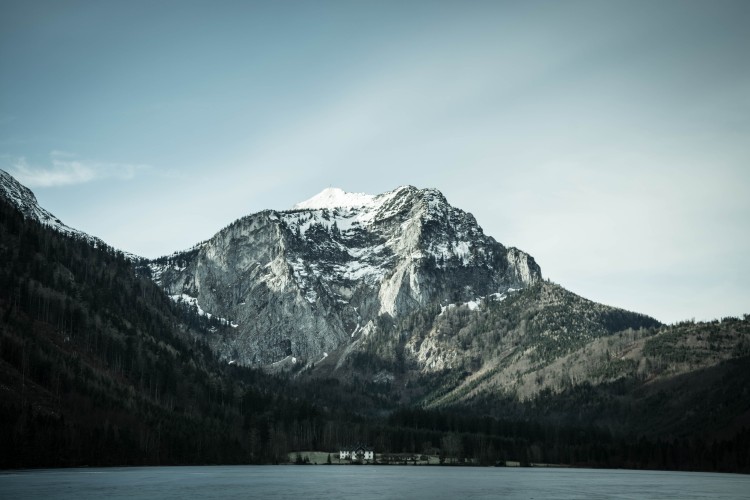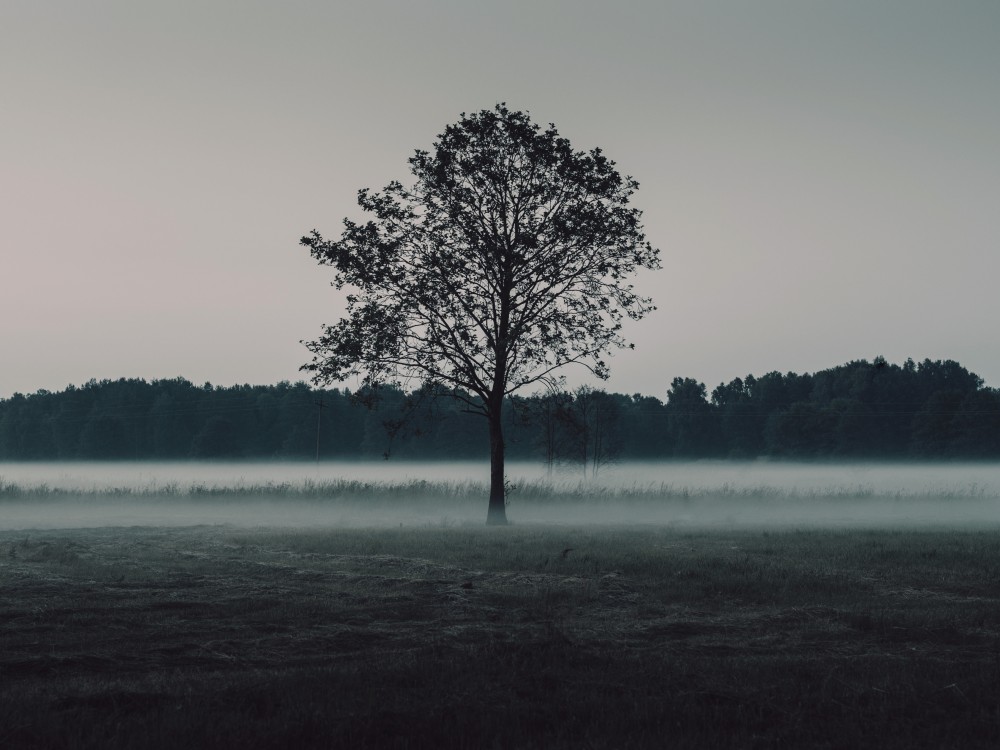By Luke Grunbaum* This post is part of the Environmental Law Review Syndicate. Click here to see the original post and leave a comment. The United Nations Framework Convention on Climate Change (UNFCCC) establishes the basic principles and goals for future international agreements on climate change. However, incorporating the ambitious policies and provisions of the UNFCCC into a binding global agreement has proven incredibly challenging. Previous attempts to create a comprehensive international climate agreement (most notably the Kyoto Protocol) have been largely unsuccessful, and many believe that the top-down approach of prior eras must either be updated or completely abandoned. This…
-
-
Liz Rasheed* This post is part of the Environmental Law Review Syndicate. You are viewing the original post. Leave a comment below! I. Introduction: What is Illicit Wildlife Trafficking? Illicit wildlife trafficking refers to “any environment-related crime that involves the illegal trade, smuggling, poaching, capture or collection of endangered species, protected wildlife (including animals and plants that are subject to harvest quotas and regulated by permits), derivatives or products thereof.”[1] Many species are targeted by specific international markets, while some are targeted by a multiplicity of markets. For example, tigers are sold live as exotic pets, yet skinned for rugs, while…
-
This week’s Environmental Law Review Syndicate post, Is CITES Endangered?, was authored by our very own Submissions Editor, Liz Rasheed. Way to go, Liz! Read the post here, and leave a comment.
-
Gillian Schroff* This post is part of the Environmental Law Review Syndicate. Click here to see the original post and leave a comment. I. Introduction Although only a few inches in size, the delta smelt (Hypomesus transpacificus) has become a topic of intense debate in water-scarce California. When the United States Fish and Wildlife Service (FWS or Service) determined that these small fish were a threatened species in 2005, the Service invoked the significant protections of § 7 of the Endangered Species Act (ESA)[1] and water agencies that managed the delta smelt’s habit were suddenly precluded from diverting water in ways that…
-
Kristen Mae Rodgers is a Note Editor on the Vermont Journal of Environmental Law. This post is part of the Environmental Law Review Syndicate. Click here to see the original post. Vermont is leading the nation in the local, sustainable food movement and the new food economy. In fact, Vermont is the frontrunner in farm stands, community supported agriculture (CSA) programs, and farmers’ markets per capita across the entire United States. According to the USDA, Vermont is one of few states to see a boom in new farms. In 2014, Vermont bucked national trends showing growth in large-scale agricultural operations, and…
-
This week’s post, A Perfect Storm for Michigan’s Renewable Portfolio Standard?, is written by Sarah Stellberg, Editor-in-Chief of the Michigan Journal for Environmental and Administrative Law. Read it here!
-
Sarah Stellberg is a third-year student at the University of Michigan Law School, where she is Editor-in-Chief of the Michigan Journal of Environmental & Administrative Law. This post is part of the Environmental Law Review Syndicate. Click here to see the original post and leave a comment. In his June 7, 2013 opinion in Illinois Commerce Commission v. FERC,[i] Judge Richard Posner of the U.S. Court of Appeals for the Seventh Circuit inserted two lines of dicta on the constitutionality of Michigan’s Renewable Portfolio Standard, or Public Act 295 (PA 295).[ii] By discriminating in favor of in-state renewable energy, he opined that…
-
The first student-written piece of scholarship submitted to the Environmental Law Review Syndicate is now available on the NYU Environmental Law Journal website! The piece, titled “A Leading Cause of Everything: One Industry That Is Destroying Our Planet and Our Ability to Thrive on It,” was written by Christopher Hyner, a 3L at Georgetown University Law Center and a Managing Editor for the Georgetown Environmental Law Review. Read the piece here.





